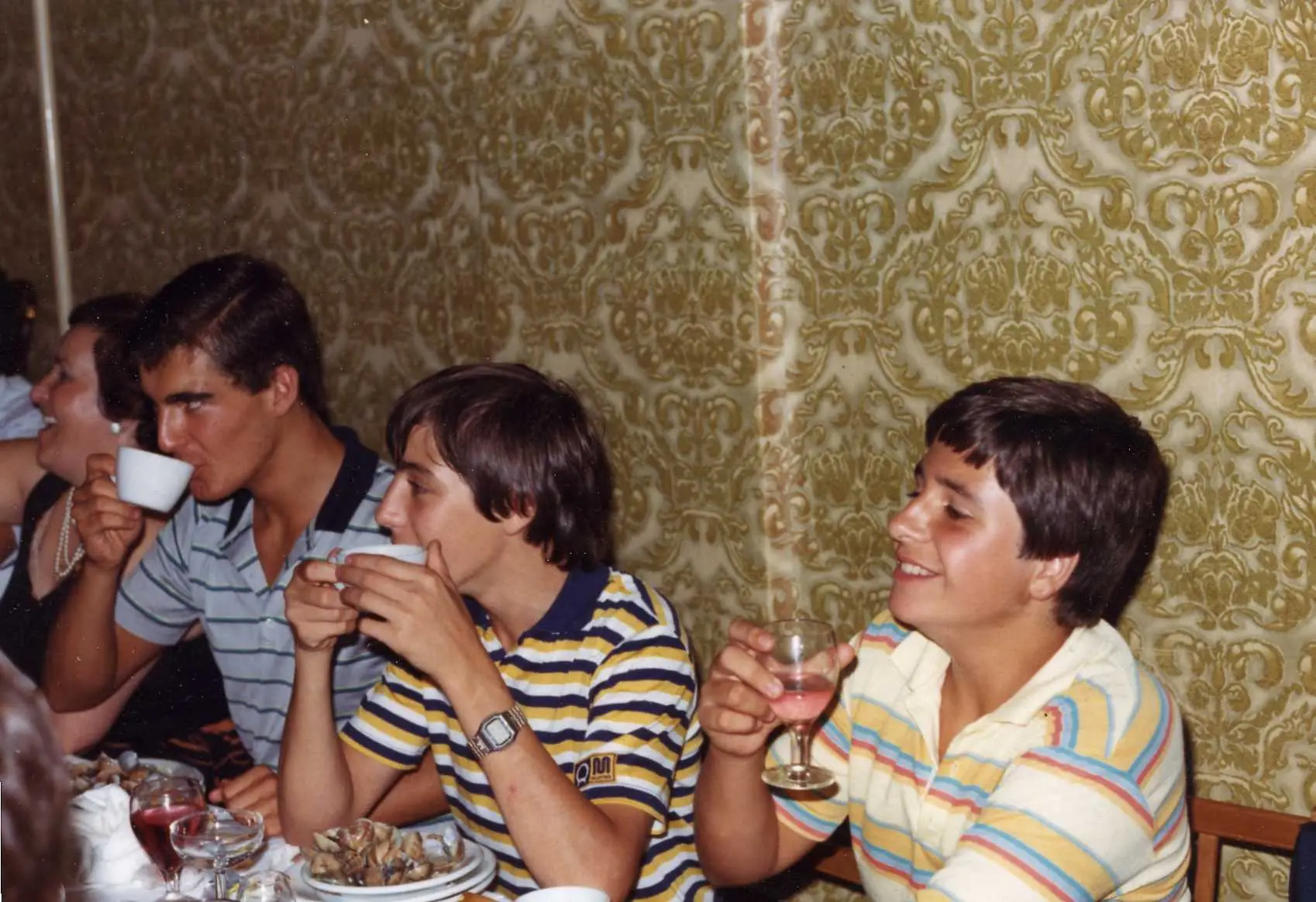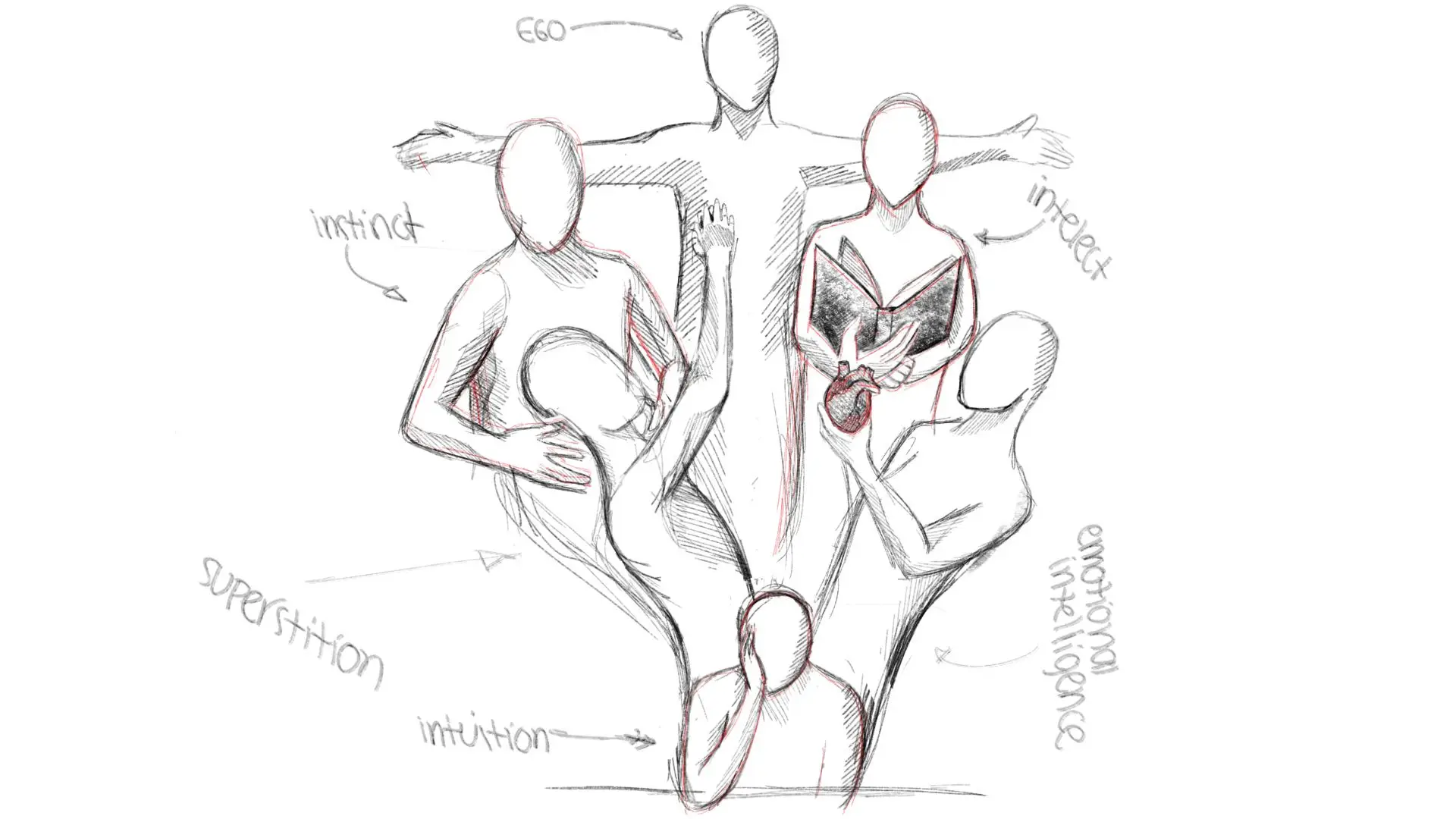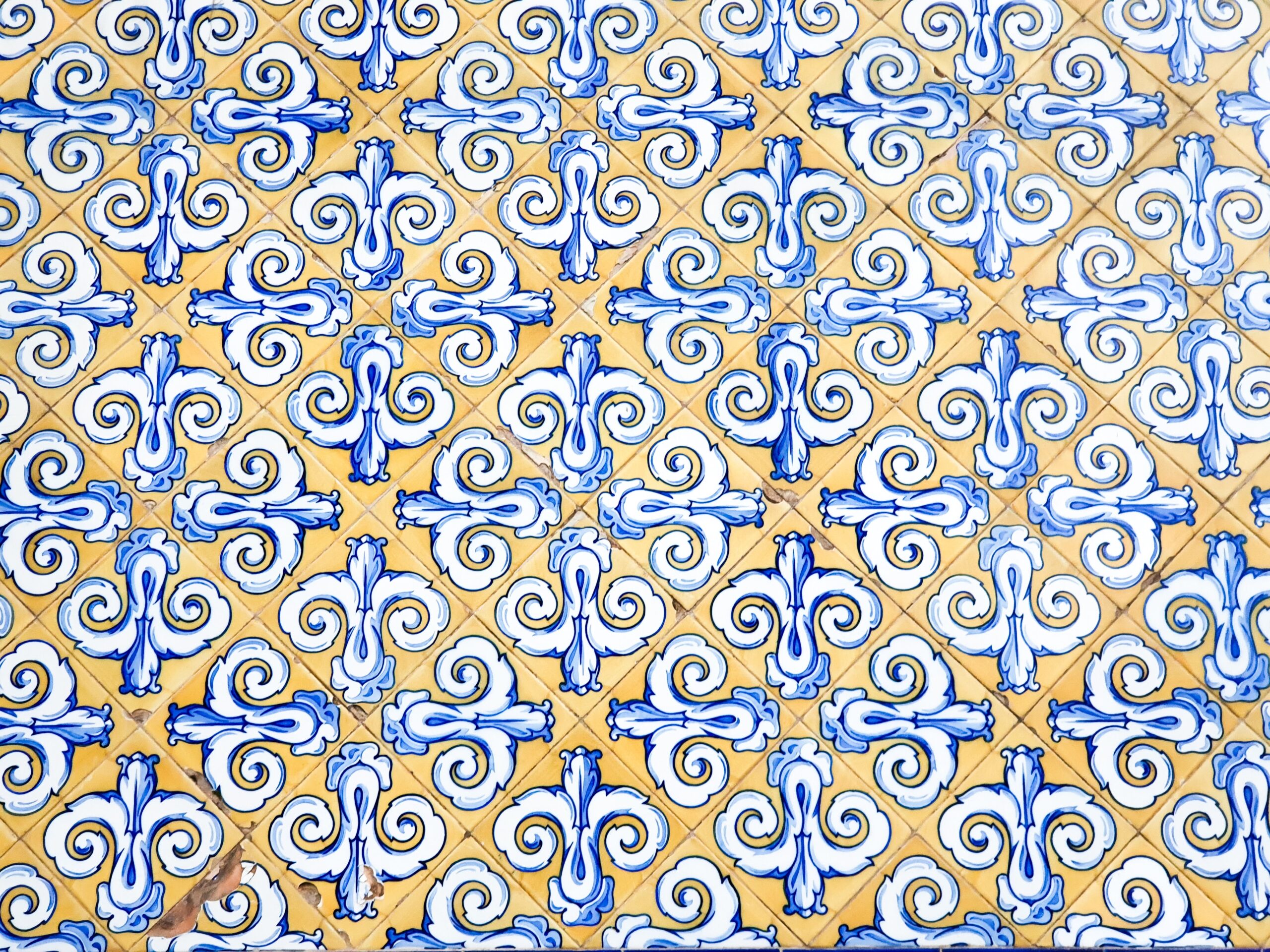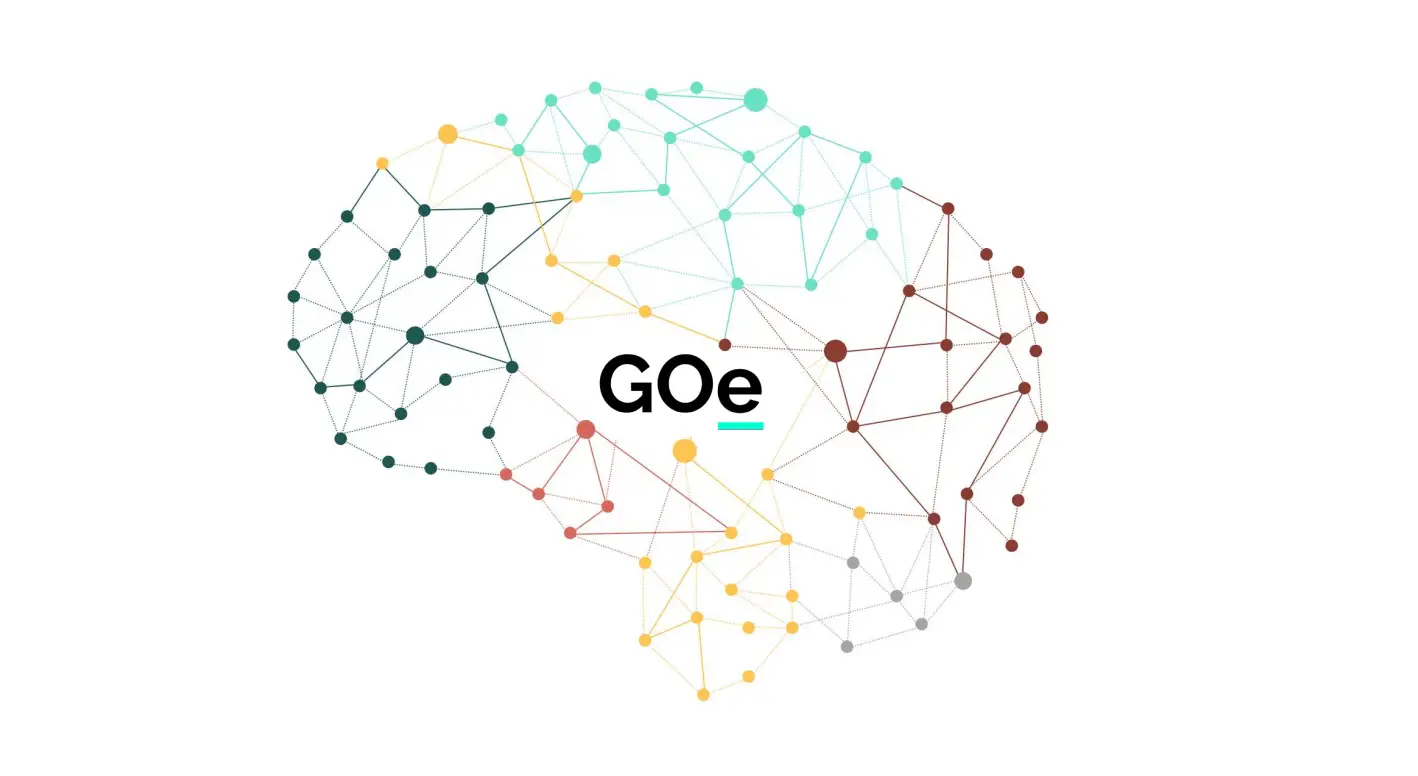If I had to name any element or substance that has been coordinated with humans since almost the time of their creation, I would unapologetically say wine. From the Greeks in classical times, the Romans (during the beginning, apogee, and fall), the Middle Ages, modern, contemporary times, and finally nowadays. Throughout history, wine has accompanied us, being seen not only as a beverage but also as a different optic to understand certain aspects of society. From sacramental, religious, political, social, and economic connotations, the glass seems to have never left the table.
However, nowadays wine is no longer sought to be positioned as one of the elements of the holy grail, on the contrary, more and more facts are coming out that label this revered substance as a catalyst of many negative effects the human body can create. This has generated misinformation, fear, doubts, and finally a tumultuous relationship between humans and wine. People are constantly looking for ways to solve this clash of data in order to make sensible decisions that regulate their emotional and physical well-being.
Starting from ground zero, wine has always been a double-edged sword for societies. Specifically with the Greeks and Romans, each one in one corner of the spectrum. The former saw wine as a substance with a sacramental and festive tone and being then an element with a special cut, its consumption was neither constant nor excessive. They believed this beverage was consumed only on merited occasions and, based on the situation, they played with the amount of alcohol it contained. They understood that although wine functioned as a social cohesive element, it was something that should be modulated. On the other hand, we have the Romans, a culture based on pleasure. Hedonism was one of the main chords that characterized them. Although at the beginning they adopted certain customs the Greeks had, their aggressive consumption of new territories led them to create their own system of beliefs. They saw wine as a worldly element and although it had a religious character, it could easily be secularized if addiction took over.
Advancing to the second half of the twentieth century, wine consumption skyrocketed, placing it under the wing of intensive industrial agriculture. As the reach of this product began to elevate, so did the amount of information regarding the effects of its ingesting. During the last 50 years, wine has been positioned as the hero among alcoholic beverages, giving the consumer false security that, when drinking it, pleasantry will not be the only element, but will also receive health benefits, thus creating the stereotype of the dream product. Phrases such as “a little wine have been shown to be generally good”, “wine should be drunk in moderation, red being better than white”, and “it improves the genes associated with health”, among others. At the same time, there are also different types of studies proliferated by the same companies that are behind the wine production that declare the following “Wine is good for diabetics” according to the Medical School of Marilia, “sugars from the must-do do not represent a high in glucose for patients with diabetes because polyphenols have a protective role”, as well as the Anglia Ruskin University UK, declares the following “The beneficial effects of wine compared to other alcoholic beverages in reducing the risk of ischemic heart disease. Wine stands out from other beverages because of its polyphenol content, including resveratrol, which makes it an option full of healthy properties”. However, it is curious that when presenting all these studies, they always end up with footnotes stating the following: “People, regardless of whether they suffer from any disease, should consult their doctor before making decisions about alcohol consumption for their health”.
Based on this growing misinformation, other positions are beginning to be generated by health professionals. “Wine is not healthy” is the statement that has been trying to generate noise for the last few years. However, deconstructing something the companies, media, and history itself have taken so long to build and that additionally, based on the information issued by these institutions, positions wine consumption under false security that somehow gives comfort to the consumer under the assumption that they are doing something right, is complex. “Manipulator and liar” are several adjectives that have been given to certain professionals who try to send the message today. And it all falls into one simple point: they say what no one wants or is willing to listen to. Human behavior is evasive and sneaky. It seeks mostly to stay behind the light, neglecting any kind of truth that would disrupt or unbalance the force.
However, the purpose of these professionals continues, as can be heard in the talks given by nutritionist Julio Basulto. There is reliable data that refute all these false constructions that have been given over the years that position wine as the almost perfect product. Well-known organizations are nowadays using their voice to demystify certain “positive” aspects that have been attributed to their consumption. On the one hand, the WHO says that alcohol is harmful to the cardiovascular system, and the European Commission states that even with moderate consumption, the risk of heart disease increases. It has been proven that alcohol consumption, at all levels, is often the source of the development of many conditions, especially oncological and cardiovascular. In spite of all this data, media outlets choose to ignore this information and continue to back it up with misleading messages such as “Drink in moderation”, without thinking about the damage this message can give rise to. This phrase only adds to the problem as it is an imperative that only seeks to normalize or increase the consumption of alcohol in the population.
Is wine the new enemy? Not necessarily. In honesty, its purpose has proven to be even greater than simply intoxicating the consumer. Served as a social cohesive element, being the basis in many cases of a large number of human interactions that have achieved positive outcomes. Yes, it is scientifically proven that it brings negative consequences at any level of consumption, but that also happens with other products on the market. The problem lies when we put unfounded labels and take corner-focused sides, places where there is little to no space for the grey. No food or product is the hero of the system, nor is it the villain. According to José Manuel López Nicolás, author of the blog Scientia, the basis for a healthy and balanced lifestyle is and always will be information. If consumers are informed about the risks and benefits of a product, it will allow them to better manage their consumption.
It is important to know. To dig up is to remember, to find ourselves under layers of earth and lime. It is our duty to inform ourselves in order to understand why we are here and what is the relationship we have with the elements of our environment. In information lies power. There are terrible hidden things and other simply funny that characterize our territory. In the food system, it is
necessary to unveil, discover, question, and design our own filter of reliability. In this way, anyone can assemble the puzzle to their own private liking and without the direction of any agent whose objective is either selfish or perverse. Because there is nothing healthier than knowing everything, opening the windows and sweeping the house, letting the light in and the mice out. Nothing healthier than to know, than to open the basement. Whatever is down there.
